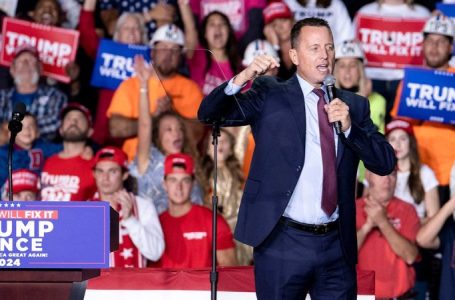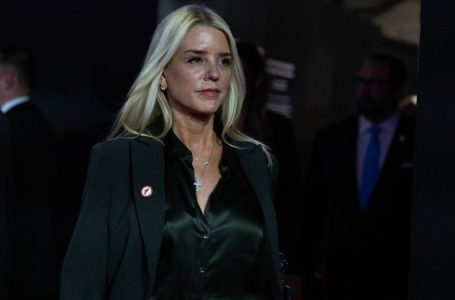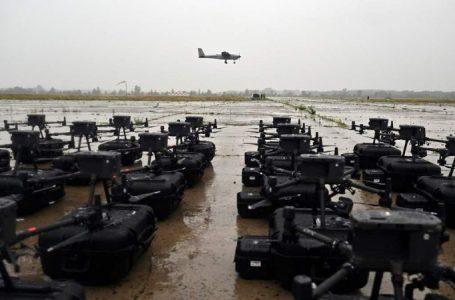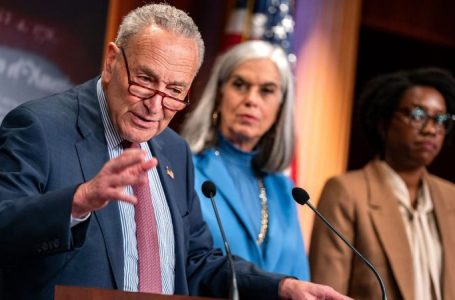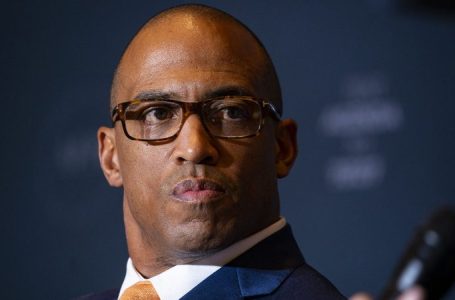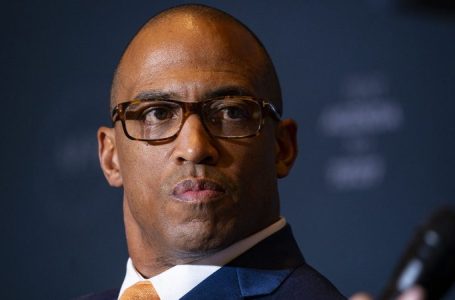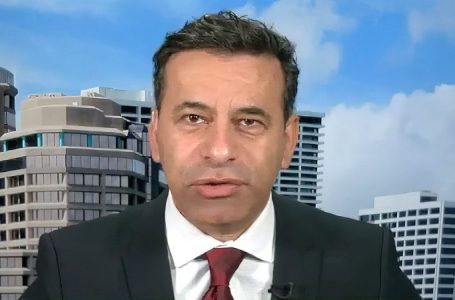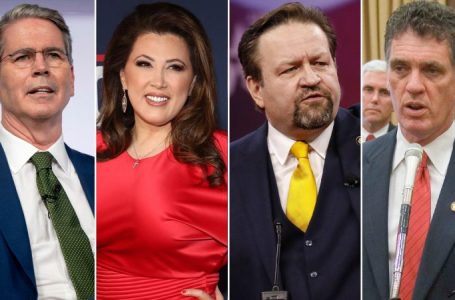Ric Grenell under consideration to be Trump’s point man on Ukraine: report
Donald Trump’s victory takes rocky career and turns him into a real-life ‘Rocky’
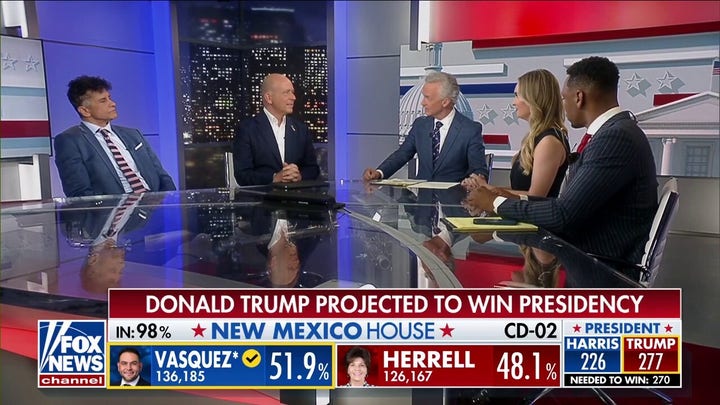
Donald Trump’s second victory is even more remarkable than his first. The first was unexpected. He captured magic in a bottle. But magic comes once in a lifetime. The second time, he had to fight for it, sometimes fight what seemed like the whole world, especially the media. Fight and win. Love him or hate him, Trump is America’s real-life ‘Rocky.’
Mention Rocky and you can hear the original theme song playing in your head. You can picture him running up the steps to the Philadelphia Museum of Art, throwing his fists in the air like a champion.
That’s how legends are made.
Every culture creates its myths. We write books, plays and movies about our heroes. That’s what Sylvester Stallone did. He crafted a perfect Hollywood myth – an everyman who overcomes all odds to become a champ, to become larger than life. There is no one alive today larger than life more than Trump.
When ‘Rocky’ was released on Dec. 3, 1976, it became the perfect American story. An ordinary boxer who got a title shot from a champ who planned to mop the floor with him. Trump was a mere 30 then, building his own legend.
The Rocky saga – nine movies so far – is similar to the political life of The Donald. Rocky lost his first big fight. Then he won the championship. He got beaten again against a bigger, tougher Clubber Lang, played by Mr. T, in ‘Rocky III.’ Then Rocky had to take back what had been his. Along the way, he learned how to be a husband, a father and, yes, even a diplomat.
Trump’s career arc has been much the same. He came from money, there’s no denying that. But he built The Donald himself. A Nov. 1, 1976, New York Times piece about the future president admitted as much: ‘Donald Trump, Real Estate Promoter, Builds Image as He Buys Buildings.’ He’s had his share of mistakes and failures, heroes always do.
Just weeks before ‘Rocky’ hit the theater, the Times was describing a young Trump in ways he couldn’t buy today with all his cash: ‘He is tall, lean and blond, with dazzling white teeth, and he looks ever so much like Robert Redford. He rides around town in a chauffeured silver Cadillac with his initials, DJT, on the plates.’
That was the beginning of the Trump we know. He grew larger with media appearances and self-promotion. The press loved him because he symbolized the business community and was a great interview. He turned that celebrity into books, TV and movie spots, including a humorous cameo in ‘Home Alone 2: Lost in New York.’
NBC’s ‘Apprentice’ made Trump a household name as he laughingly fired people. The network gave him the red-carpet welcome in 2005 on ‘Today.’ They introduced him to the sounds of ‘The Imperial March,’ from ‘Star Wars.’ Weatherman Al Roker called Trump, ‘the intergalactic king of the universe.’ Trump parlayed that fame into a political career.
He launched it, no one else. Even when he ran for president the first time, he was his own best spokesman. If you had a radio or TV show somewhere in America, Trump would go on. I used to do a fair number of talk radio appearances. I lost track of how many times he would be on right before or right after me. No politician does that.
Trump did. That drive got him into the White House. That was the rise of Trump.
Enough has been written about his fall to fill the Library of Congress. Not one, but two impeachments. An endless stream of prosecutions, friends and allies turning on him, countless media hit pieces, books and even a movie, all designed to knock Trump out of politics and either shove him onto the sidelines or into a prison cell.
Only one problem. He wouldn’t go. He wouldn’t quit. He kept on fighting. Kept on because, like Rocky, he doesn’t give up. That’s Trump’s real superpower. Not his charisma or storytelling. It’s that you can hit him with the kitchen sink or a garbage truck and he keeps on going. He survived not one, but two, assassination attempts. After getting shot, he stood up, fist aimed skyward, telling his supporters to ‘Fight, fight, fight!’
That photograph of a bloody, defiant Trump should win the Pulitzer Prize. There he is, surrounded by Secret Service agents, with his arm thrust in the air. It’s an unforgettable image, but It probably won’t win because it captured the essence of the man more than the media ever wanted. Even wounded and targeted by an assassin, Trump’s instinct was the American one. To fight.
That was the voice of our anger, the voice of our pain and the voice of our loss. The shooter wounded two and murdered former fire chief Corey Comperatore, Americans who were there just to hear the former president speak. But the assassin couldn’t stop Trump.
Now, Trump has another chance to rewrite the history books. No American has ever fallen from grace this far to come back on top like he has. That victory gives him a chance to do great things, perhaps even unite a fractured nation.
At the end of his brutal fight against the Russian Ivan Drago, right in the heart of the old USSR, Rocky won over the opposing crowd, and beat the powerful Russian boxer. Rocky took the microphone to win over, not just the crowd, but the world. There he was, bloody, battered and wrapped in an American flag: ‘I’ve seen a lot of people hatin’ me and I didn’t know what to feel about that, so I guess I didn’t like you much then either,’ he says. ‘During this fight, I seen a lot of changing. The way yous felt about me and the way I felt about you.… If I can change and you can change, everybody can change.’
Perhaps, after three knockdown elections, Americans, too, can change and stop fighting one another. That’s my prayer for Trump’s second term.
